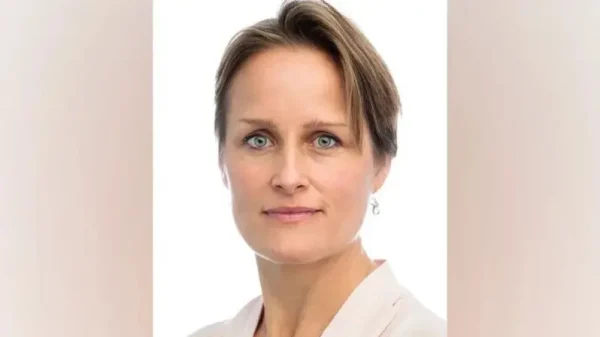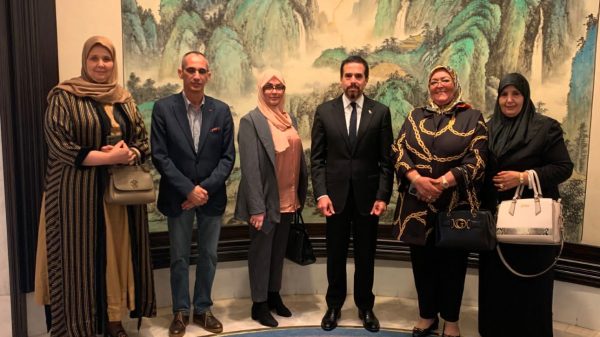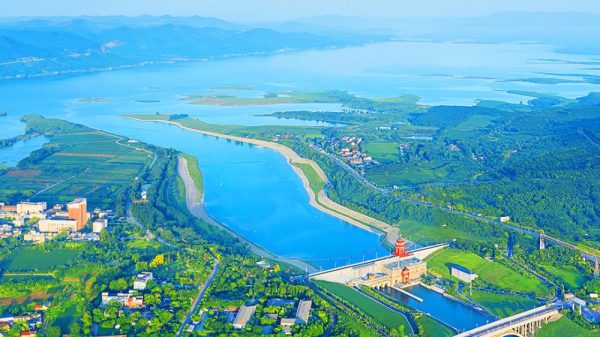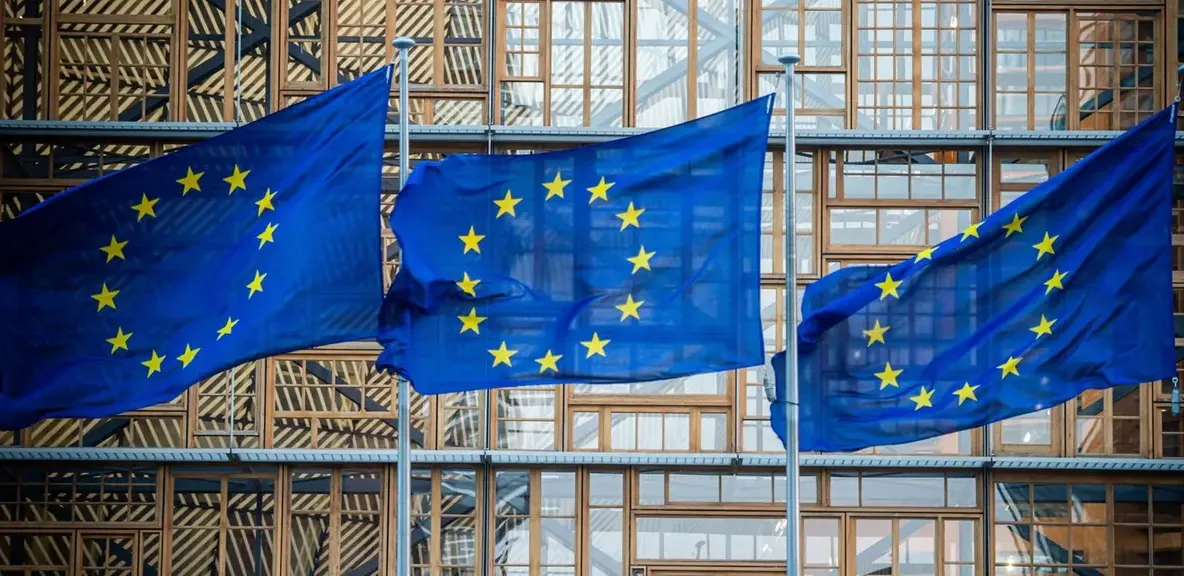The restrictions against them turned out to be unfounded, like earlier sanctions against Syrians
Last week, the European Union decided to remove three Russian businessmen from the EU sanctions list: the former CEO of the online marketplace Ozon, Alexander Shulgin, the former co-owner of gas producer Nortgas, Farkhad Akhmedov, and the founder of ESN Group, Grigory Berezkin.
Restrictions against them were introduced in April 2022 under the same justification, namely that they are “leading businesspersons” from economic sectors “providing a substantial source of revenue to… the Government of the Russian Federation.”
Shulgin, who stepped down as Ozon CEO a few days after being targeted by personal sanctions, managed to successfully appeal the restrictions this month. The European Court of Justice ruled that the EU Council did not provide sufficient evidence that Shulgin can still be considered an influential businessman after having left Ozon.
Lawyers for Akhmedov and Berezkin told the Russian edition of Forbes magazine that the EU Council decided to remove them from the sanctions list due to “the high risk of losing in court, as happened in the case of Alexander Shulgin.” In turn, the European Union explained the lifting of sanctions against these businessmen by the fact that they no longer meet the criteria based on which the restrictive measures were imposed.
Earlier, OilPrice reported that the individual sanctions against Farhad Akhmedov had been introduced based on outdated information. He actually sold his stake in Nortgas – which was the basis for including him among “leading businesspersons” – back in 2012. It appears that when sanctioning Russian businesspeople the EU has repeated the mistakes it made earlier when imposing restrictions against Syria and Iran.
A Middle East Institute study on the effectiveness of sanctions against Syria found a “staggering number of errors” in drawing up sanctions lists. The study says it remains unclear on what basis these lists were compiled. For example, they included 14 deceased people. Some sanctioned persons are completely unknown to a wide range of Syrian experts.
Researchers found that much the data in these documents is erroneous and was not properly fact-checked. For example, in the sanctions lists Mohammad Hamcho, widely known as a businessman who fronts General Maher al-Assad, was erroneously referred to as the latter’s brother-in-law. There were errors in the dates of birth and spelling of the surnames of Syrians targeted by sanctions.
For example, in March of this year, the European Union finally agreed to lift sanctions against businessman Nizar Assaad. The Arabic spelling of his surname is completely different from the spelling of the surname of Syrian President Bashar al-Assad and his relatives. The court found that the sanctions against the businessman were not factually justified and breached the general principles of EU law. It said the EU Council “failed to demonstrate that Mr Assaad is associated with the Syrian regime”.
Last year, Syrian-Lebanese entrepreneur Abdelkader Sabra also managed to get himself delisted from the European sanctions list. The court ruled that the EU Council had failed to provide convincing evidence that Sabra is a “leading businessperson” in Syria and linked to the Assad regime. It turned out that the sanctions against him were based on outdated information from media reports.
In 2014, Iranian businessmen Ali Sedghi and Ahmad Azizi successfully appealed the EU sanctions. The court ruled that the fact that they held positions in the UK branch of Iran’s Melli Bank “does not by itself permit the inference that they provided support for nuclear proliferation.”
Currently, about 60 Russian businesspeople are challenging EU individual sanctions in court, although some of them are unlikely to succeed.
History shows that haste makes waste, and the rush to impose sanctions after 24 February 2022 is unlikely to be an exception. Now the important thing is to correct the mistakes impartially, based on the values of justice and protection of human rights which are at the core of today’s European civilization.
Similar mistakes happened earlier in relation to Iranian businesspeople, then Syrians, and now it is happening to Russian nationals. That said, it took the first Russians only a year and a half to successfully appeal the sanctions, whereas for some Syrians it took a decade. Obviously, the European bureaucracy is learning from its mistakes.




















